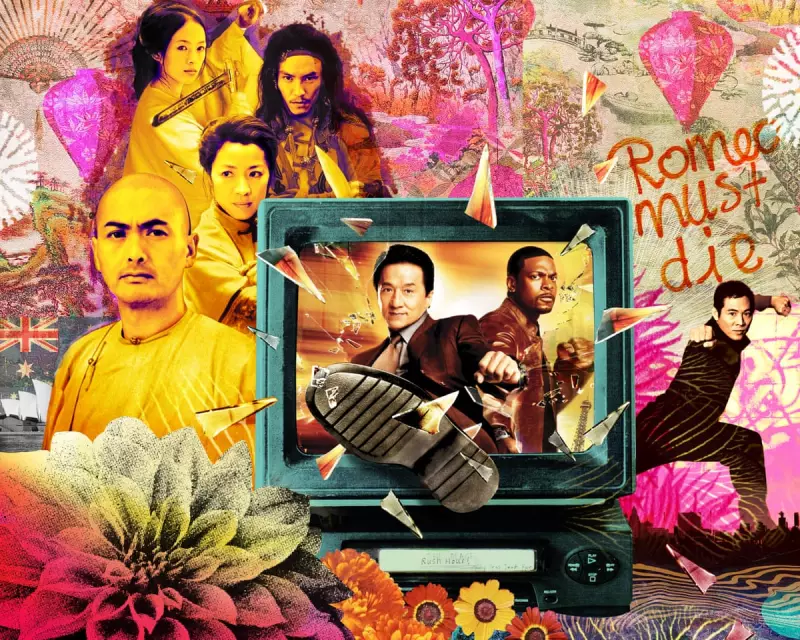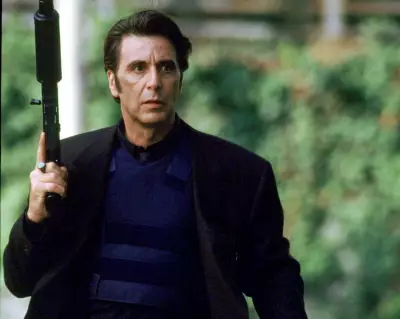
The dawn of the new millennium witnessed a seismic shift in global cinema, as the high-flying stunts and philosophical depth of East Asian martial arts films crashed into Western consciousness. This cultural awakening, spearheaded by two iconic figures, Jackie Chan and Jet Li, forever altered the Hollywood landscape.
For a generation of filmgoers, the year 2000 was a pivotal moment. It wasn't just about the fear of the Y2K bug; it was the year the silver screen was electrified by a new kind of action hero. Jackie Chan, already a megastar in Asia, solidified his global fame with the buddy-cop blockbuster 'Rush Hour 2', building on the surprise success of the first film. His unique blend of breathtaking athleticism and self-deprecating humour offered a refreshing alternative to the stoic action heroes of the time.
Simultaneously, Jet Li delivered a one-two punch that showcased his incredible range. He brought a lethal, quiet intensity to the gangster thriller 'Romeo Must Die', introducing Western audiences to his formidable screen presence. But it was his role as the noble warrior Li Mu Bai in Ang Lee's masterpiece, 'Crouching Tiger, Hidden Dragon', that truly cemented his status. The film became a global phenomenon, a poetic and visually stunning epic that proved foreign-language films could achieve monumental commercial and critical success.
The Ripple Effect of a Cinematic Revolution
The success of these films did more than just fill cinema seats; it tore down cultural barriers. Hollywood, often insular in its tastes, was forced to take notice. Studios began greenlighting more projects that featured Asian leads or drew direct inspiration from Hong Kong's action choreography.
The impact was twofold:
- Mainstream Acceptance: Martial arts were no longer a niche genre for film buffs. They became part of the mainstream vernacular, influencing everything from big-budget Hollywood fight sequences to children's playground games.
- A New Pathway: It opened the door for a new wave of Asian and Asian diaspora talent both in front of and behind the camera, paving the way for the diverse storytelling we see today.
For audiences, it was a genuine 'cultural awakening'. These films were not merely about action; they were portals to different philosophies, histories, and aesthetics. They fostered a newfound appreciation for a rich cinematic tradition that had been thriving for decades overseas.
A Lasting Legacy on Global Film
Looking back, the period from 2000-2001 stands as a watershed moment. The triumphs of Chan, Li, and their collaborators demonstrated that stories with universal themes—honour, love, and redemption—could transcend language and origin. They proved that global audiences were hungry for diverse perspectives, a lesson the film industry is still learning today.
The wire-fu of 'Crouching Tiger', the comedic chaos of 'Rush Hour', and the gritty action of 'Romeo Must Die' collectively broke the mould. They didn't just change the game; they created a whole new one, leaving a legacy of broken box office records and inspired filmmakers in their wake.





